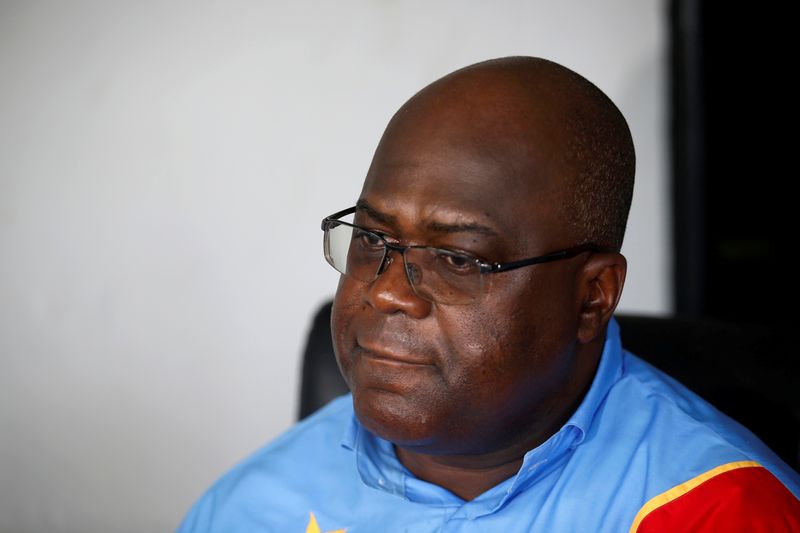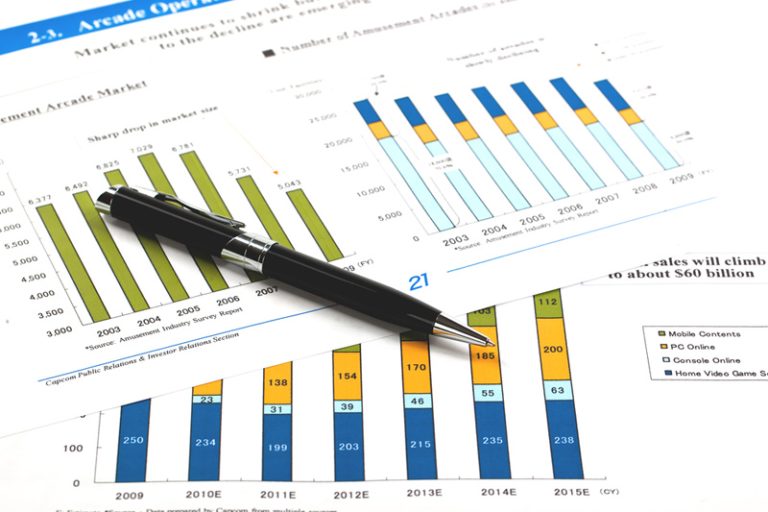
© Reuters. File photo: Felix Tshisekedi, leader of the main Congolese opposition party, the Union for Democracy and Social Progress (UDPS) and presidential candidate, speaks to Reuters during an interview after a campaign event in Kinshasa, Democratic Republic of the Congo.
Written by Angie Kasongo
KINSHASA (Reuters) – When Democratic Republic of Congo President Felix Tshisekedi was declared the winner of another disputed election on Sunday, he pledged to be a leader for all of the country's 100 million people.
However, opposition leaders' accusations of election fraud and political repression will likely overshadow his second term as they did his first. His main rivals rejected Sunday's result before it was announced and called for a rerun of the election.
Speaking to his supporters at his campaign headquarters in the capital, Kinshasa, Tshisekedi called for unity.
“I will govern during my second term in the spirit of openness,” Tshisekedi told a cheering crowd, adding that he would focus on job creation, security and a more diversified and competitive economy.
The result sets the stage for a tense political confrontation, with the potential for violence similar to those that followed disputed elections in 2018, 2011 and 2006.
There could also be international repercussions. Congo is the world's largest supplier of cobalt, which is used to make batteries for electric cars and mobile phones, and its third largest producer.
Tshisekedi, 60, the son of opposition leader Etienne Tshisekedi, inherited his father's large support base after his death in 2017 after years in the shadows.
However, vote statistics reviewed by Reuters at the time from Congo's Roman Catholic Church, which had a 40,000-strong team of observers, showed second-placed opposition candidate Martin Fayulu as the victor in 2018.
Fayulu suspects that Tshisekedi struck a deal with outgoing President Joseph Kabila, who was barred from running under term limits. Fayulu denounced the result as a “constitutional coup”, which Tshisekedi and Kabila rejected.
With Kabila's help, Tshisekedi was able to garner much-needed support in parliament and security institutions in his first years in office. But the coalition quickly collapsed when it moved to consolidate its hold by placing its supporters in key positions.
“Sham elections”
As he launched his re-election campaign, Tshisekedi told supporters he needed more time to consolidate gains and fulfill his promises to end decades of authoritarian rule, root out corruption, rebuild the economy, address inequality and deal with the country's long security crisis. Eastern Congo.
“In just two years, we have been able to do all these measures that you saw, but we can do better,” Tshisekedi said at a packed Kinshasa stadium on November 19, adding that his first two years in office had been constrained by a power-sharing agreement. With a cappella.
But critics said Tshisekedi made a mistake and accused him of stifling dissent as his predecessors did.
A group of nine rival presidential candidates, including Fayulu and opposition leader Moise Katumbi, on Sunday asked their supporters to take to the streets to protest what they described as a “sham election.”
While economic growth rose sharply under Tshisekedi, largely due to demand for key minerals, little of the proceeds have reached the roughly 62% of Congo's population who live on less than a dollar a day.
The cost of living has risen as the value of the Congolese franc has fallen, with annual inflation rising to more than 30% in December, according to the country's statistics institute.
Although Tshisekedi declared a state of siege in two eastern provinces in May 2021 and increased defense spending, his administration has struggled to contain the numerous armed groups behind attacks that have killed thousands of people and displaced nearly 7 million in the east.
In a worrying development, Cornel Nanga, the leader of the new coalition of rebels and political groupings in eastern Congo, rejected the elections and vowed on Sunday to “march to Kinshasa.”

